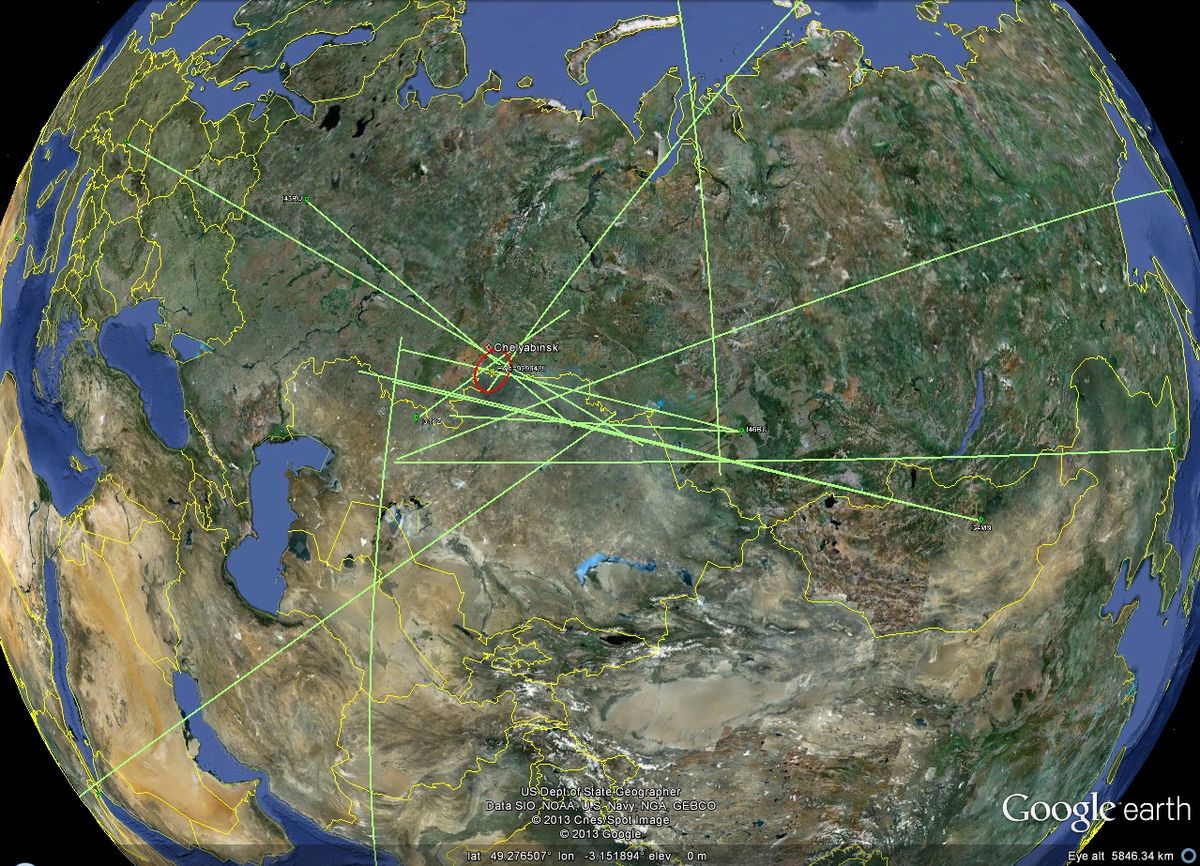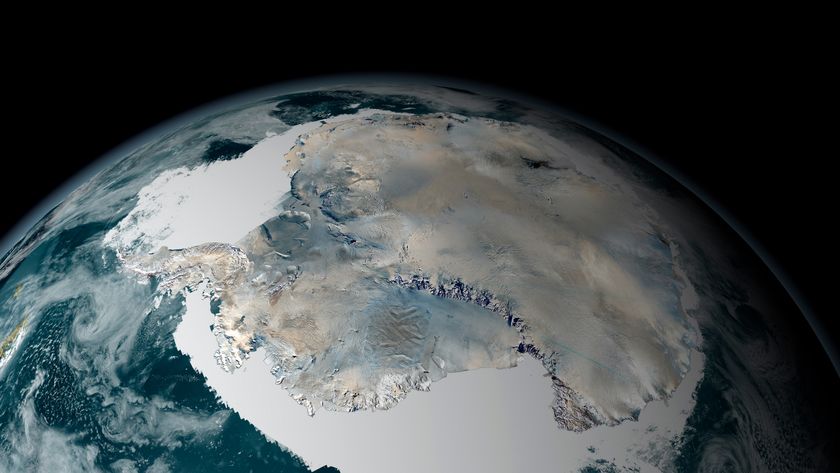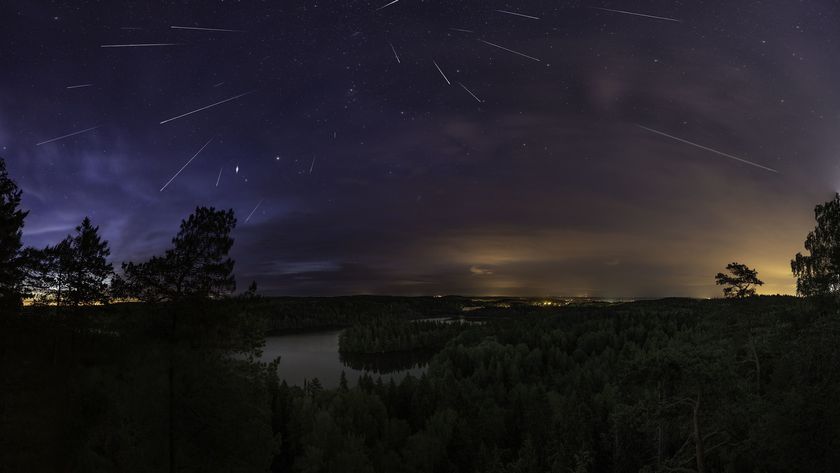Russia Meteor: Former Astronaut Says 'Universe Is a Crowded Place'

Referring to the Russia meteor explosion, former NASA astronaut Mark Kelly reminded us this Sunday morning on NBC's "Meet the Press" that the "universe is a crowded place."
"We have stuff entering the atmosphere all the time," Kelly told moderator David Gregory. "It's interesting when you're on the space station and you're looking at the shooting stars, the meteorites, entering the atmosphere. You're seeing those beneath you. It's a little bit disconcerting because they're all flying by you."
The Russian meteor blast over the Russian city of Chelyabinsk on Friday (Feb. 15) injured more than 1,000 people, mostly from the glass from shattered windows.
"It was a big rock," Kelly said. Indeed, NASA scientists estimated the space rock was about 55 feet (17 meters) in diameter and sent off a blast equivalent of 500 kilotons of energy.
The shock wave from the blast sent subsonic waves through the atmosphere halfway around the world, according to sensors in Greenland, Africa, Russia's Kamchatka Peninsula and other far-flung regions that detected the Russian meteor blast's infrasound, or low-frequency sound waves.
Kelly noted that with so many space rocks entering the atmosphere, "there is certainly a risk out there," adding that luckily the meteor didn't hit the ground in the middle of a town in Russia.
Kelly is a veteran of four space shuttle flights. He commanded two shuttle missions, including NASA's last flight of the space shuttle Endeavour in May 2011, before retiring from NASA's astronaut corps. Kelly's identical twin brother Scott Kelly is also a NASA astronaut and veteran of two shuttle flights and an International Space Station mission.
Sign up for the Live Science daily newsletter now
Get the world’s most fascinating discoveries delivered straight to your inbox.
Follow LiveScience on Twitter @livescience. We're also on Facebook & Google+.
Jeanna Bryner is managing editor of Scientific American. Previously she was editor in chief of Live Science and, prior to that, an editor at Scholastic's Science World magazine. Bryner has an English degree from Salisbury University, a master's degree in biogeochemistry and environmental sciences from the University of Maryland and a graduate science journalism degree from New York University. She has worked as a biologist in Florida, where she monitored wetlands and did field surveys for endangered species, including the gorgeous Florida Scrub Jay. She also received an ocean sciences journalism fellowship from the Woods Hole Oceanographic Institution. She is a firm believer that science is for everyone and that just about everything can be viewed through the lens of science.












